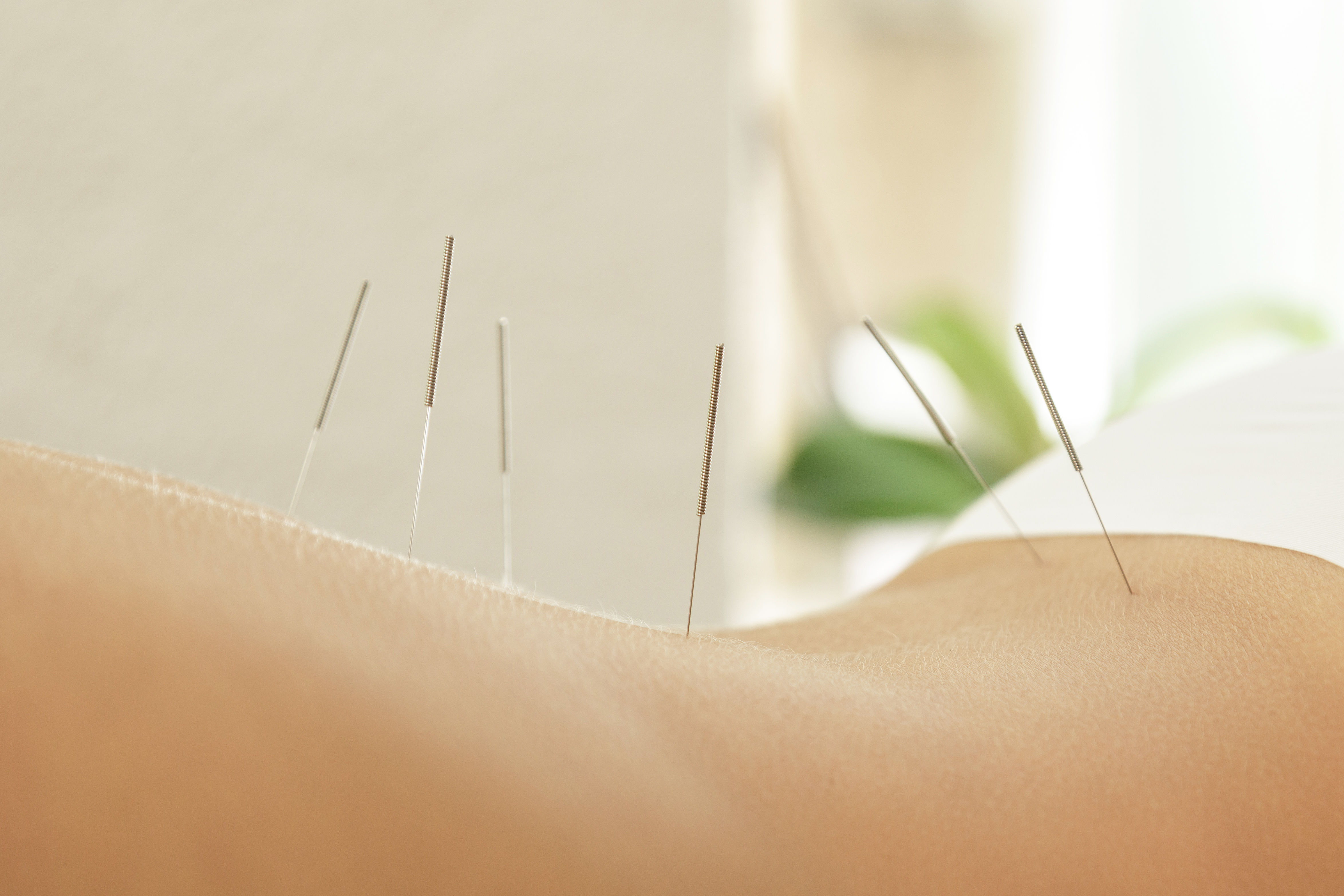
Acupunture
Acupuncture is the oldest forms of drug-free medicine. Stainless steel single-use filiform (threadlike) needles, which are thinner than a strain of human hair, are inserted into the body at various depths, stimulating specific points that are local and distal to the region(s) of concern. The micro-trauma created from the introduction of the needle into the tissue elicits a healing response in the body and the overall full treatment supports and facilitates the body in entering or working working towards homeostasis. In eastern medicine terms, one would say acupuncture is enabling the free flow of Qi and blood.
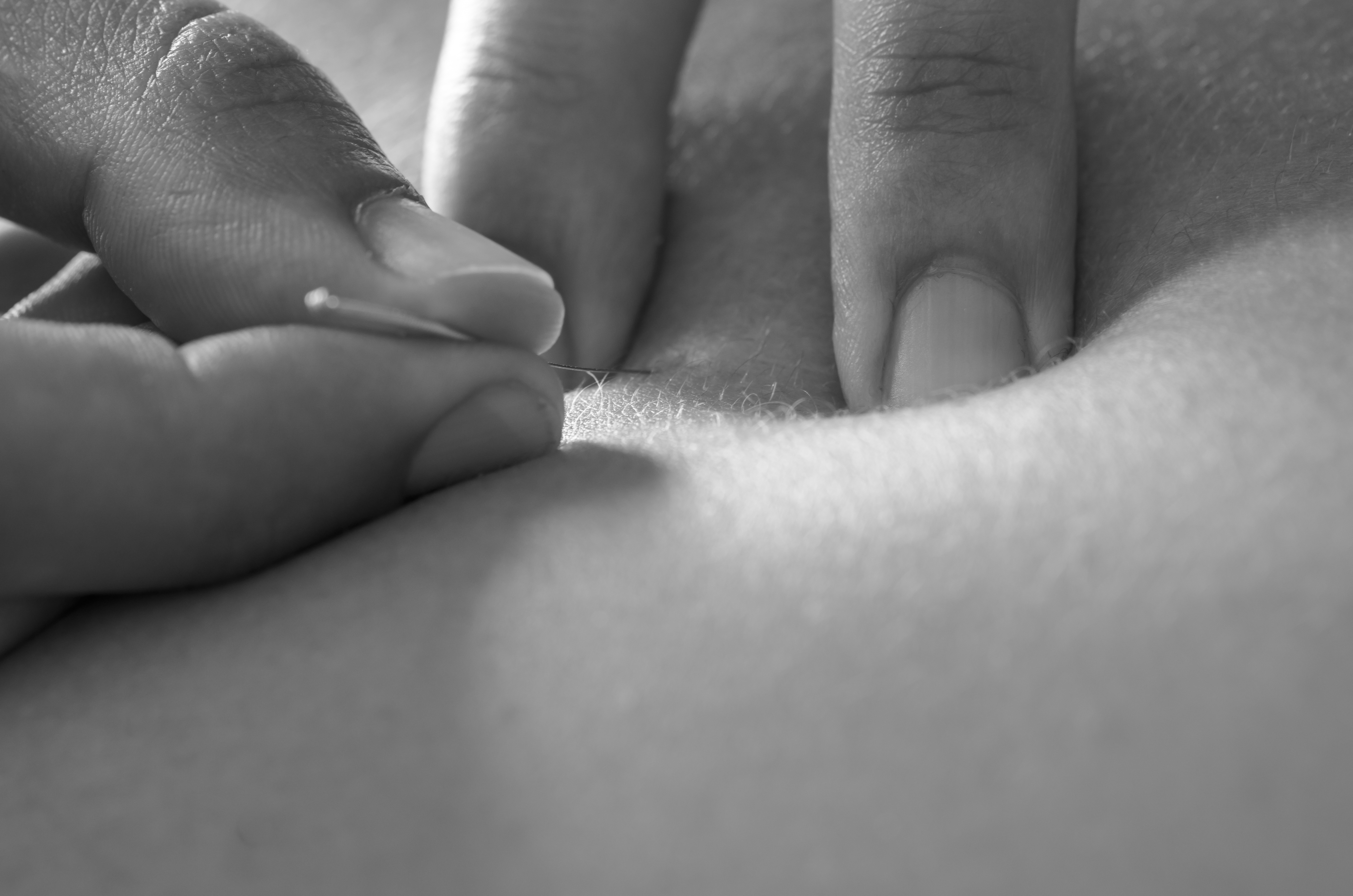
Trigger Point/Dry Needling
Trigger point releasing, referred to as "dry needling" by other healthcare professionals, is the release of tense or knotted myofascial (connective tissue) and muscular tissues with the use of acupuncture needles. Inserting needles into muscles and connective tissues not only loosens the areas of tension but enables blood and nutrients to flow more freely to said areas, further reducing discomfort and pain while releasing musculoskeletal and myofascial constrictions. This is a favored technique for all types of athletes (skiers and snowboarders, rock climbers, bikers, yogis, weightlifters, triathletes, runners, hockey players, dancers, swimmers, soccer players, etc.), those who work diligently with their body and hands (chefs, tattoo artists, construction workers, artists, musicians, web developers, body workers, camera operators, etc.), individuals recovering from injury, or anyone with tension from daily stress.
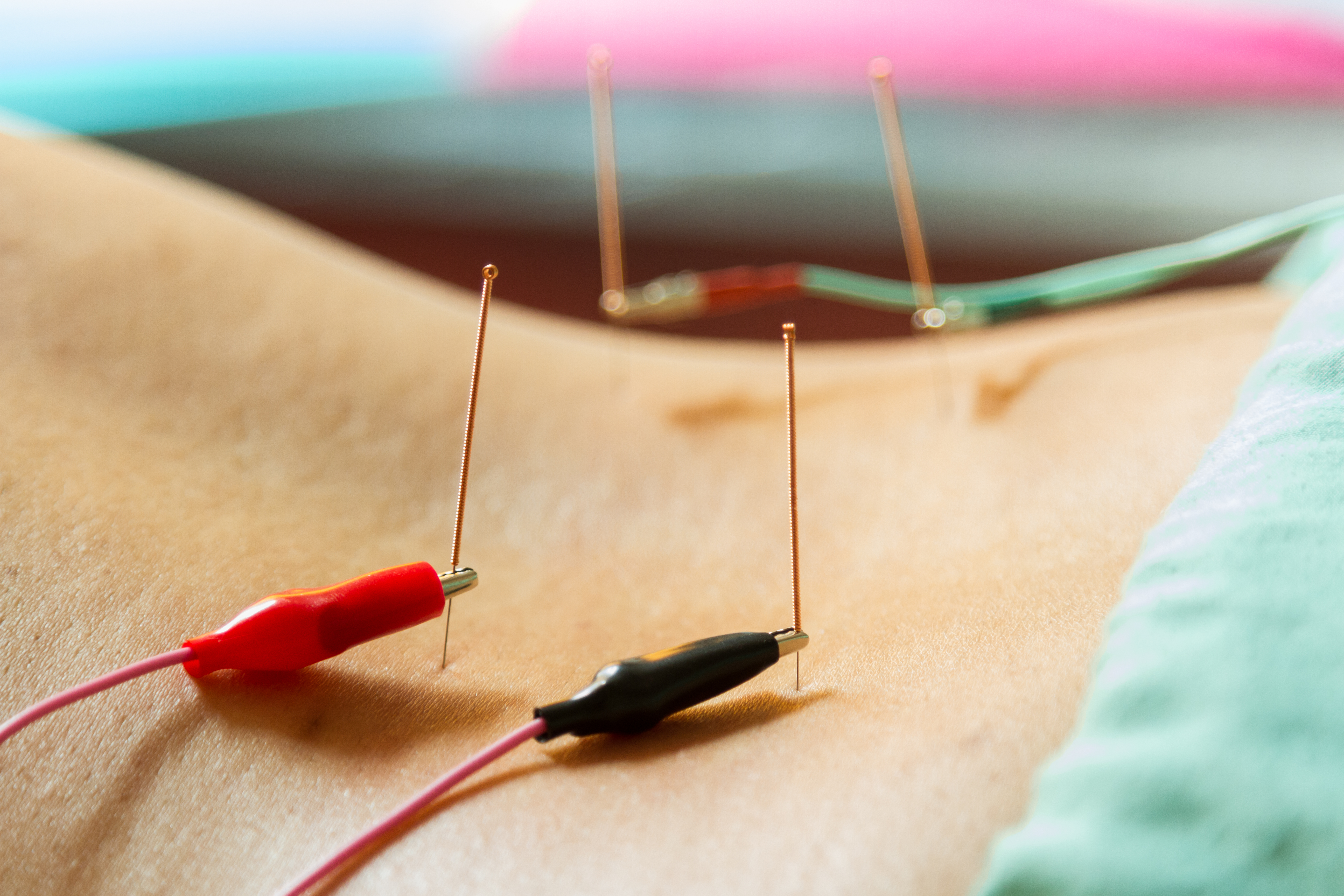
Electroacupuncture
Electroacupuncture (or e-stim) is essentially when the acupuncture needles are stimulated via a device versus a human being. Acupuncture needles are inserted into specific points, just like in regular acupuncture, and small clips are attached to the needles. The small clips are connected to a device which the practitioner controls. A mild electric current passes between two needles with the frequency and strength of the current being adjustable based on the patient's needs and comfort level. This modality is sometimes used in place of trigger point acupuncture or in conjunction with it. Electroacupuncture is also use to stimulate and accelerate tissue healing and regrowth within the body after injury or surgery. The sensation ranges from little to no detectable feeling from the patient to one that is more noticeable or intense, including the contracting or "jumping" of muscles (if utilized in place of trigger point acupuncture).
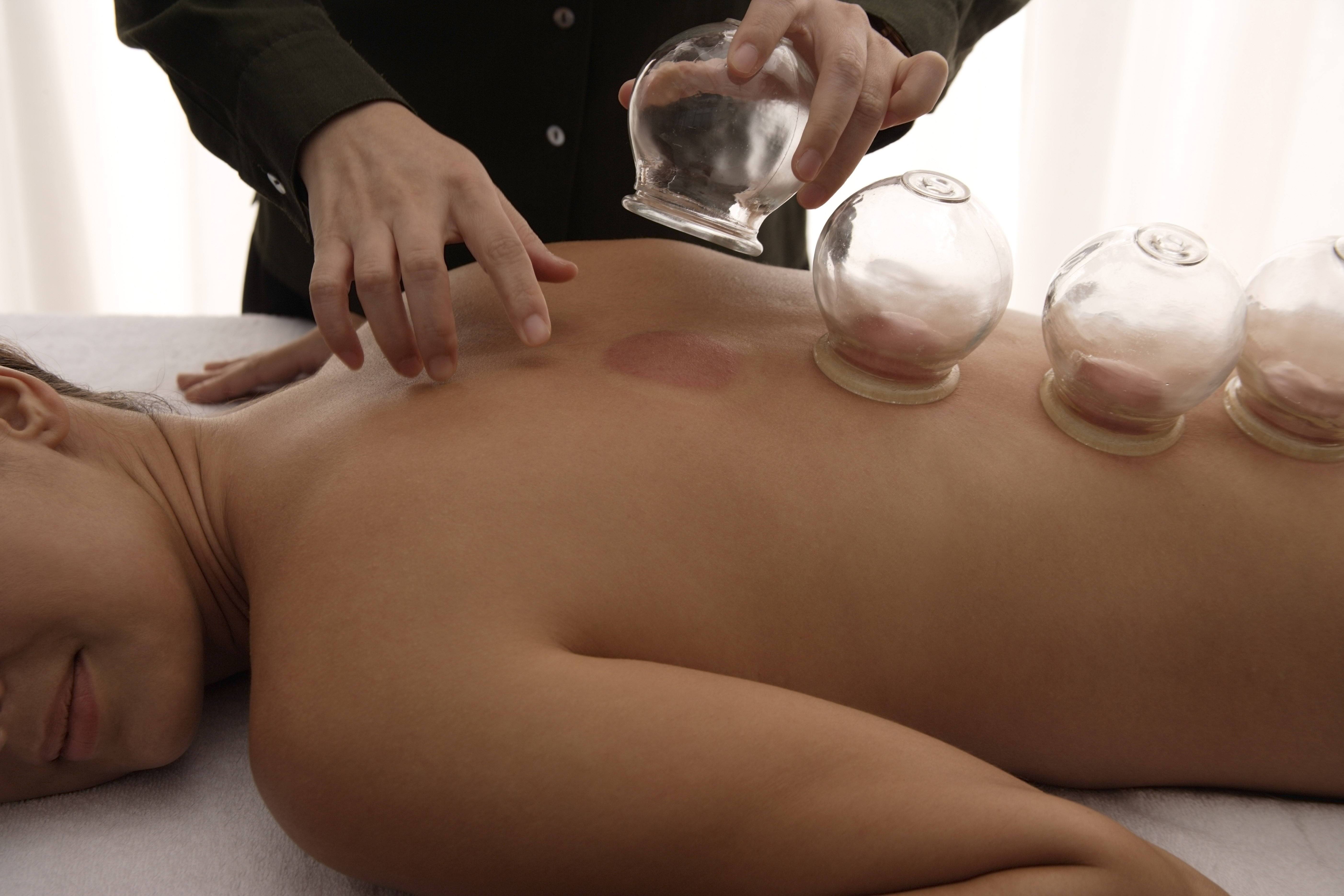
Cupping
Cupping is an ancient Chinese medicinal practice that can be used alone or in conjunction with acupuncture or moxibustion. A cup is applied to lubricated skin and a suction is created via suctioning the air out or increasing the heat in the cup. The skin and superficial muscle layer is drawn into and held in the cup. Sometimes the suctioned cup is then moved around causing a pulling of the skin and muscle (known as "sliding cupping" which is highly effective in loosening up tense fascia and feels much like a deep tissue massage--it is a favorite of athletes). The suction from the cups pulls blood to the surface of the skin creating bruise-like marks which typically fade completely in 7 to 10 days. In Chinese medicine terms, it is said that cupping warms, moves Qi and blood in the meridians. There are various cupping methods with many relating to certain massage techniques. Presently, cupping is recommended for the treatment of pain, lung issues (especially asthma and chronic cough), gastro-intestinal disorders and paralysis (while also being used for other conditions as well).
Cupping and Gua sha both tend to provide immediate relief to the patient with the benefits being sustained. Repeat treatments as needed over time are recommended on a case by case bases in order to reach the maximum benefit.
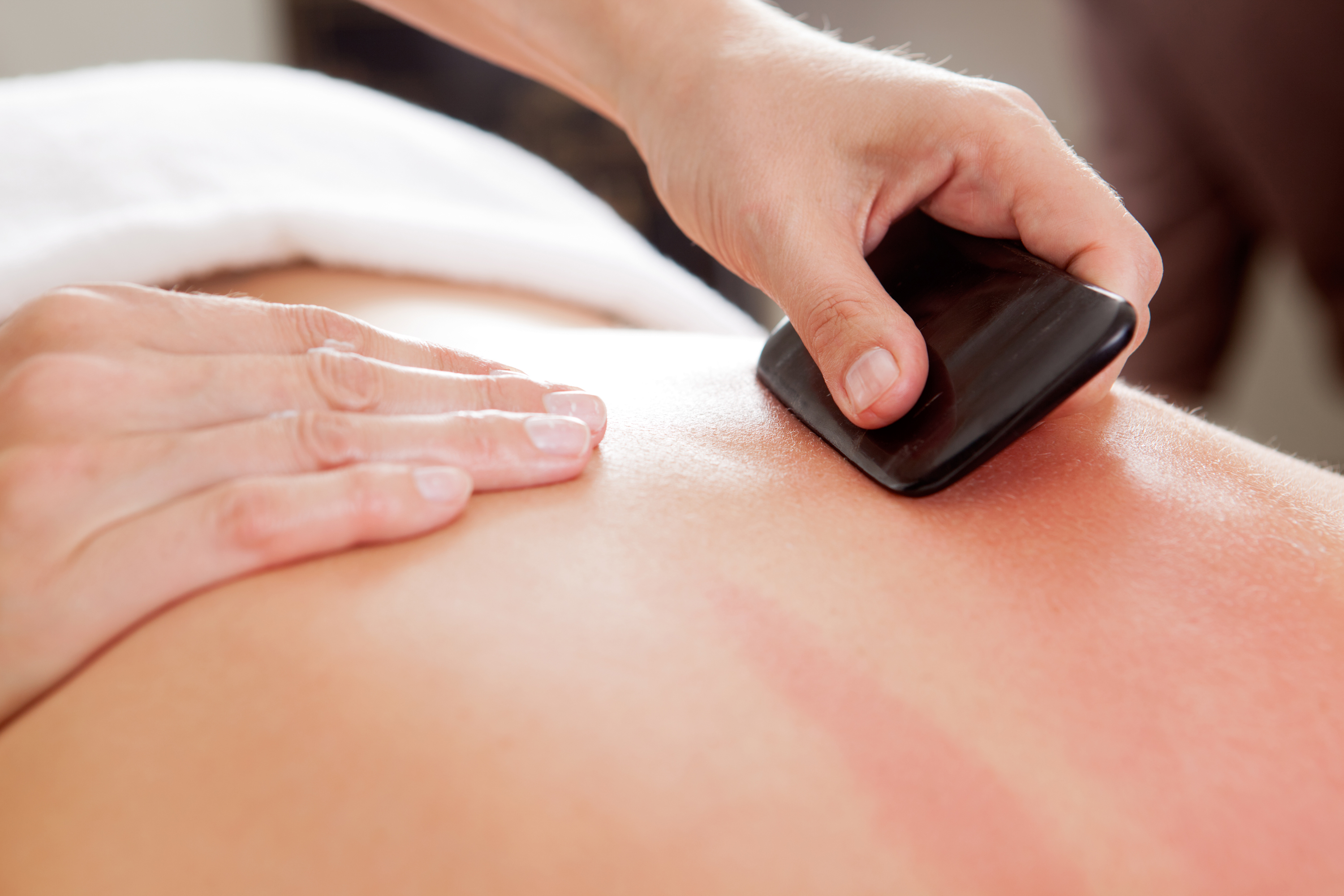
Gua Sha
Gua sha, like cupping, creates marks on the surface of the skin as part of the treatment and intentional technique. The practitioner can further analyze the coloration, intensity and location of these marks to assess a patient's condition. The marks left on the skin from Gua sha resemble large brush strokes (straight or curved) as opposed to the circular marks that cupping produces. In Gua sha, a smooth-edged tool is used to press and stroke the lubricated surface of the body repeatedly in a single direction until petechiae appear. This fresh petechiae raised from the Gua sha quickly begins to fade and blends to ecchymosis (or discoloration of the skin). In Chinese "gua" is translated as "scrape" or "scratch" while "sha" has numerous meanings and used in Chinese medicine terms to describe the petechiae raised from Gua sha and is considered a form of blood stasis in the surface tissue where pain is persistent, recurring or fixed. Much like with cupping, Gua sha can be used alone or with acupuncture and the marks left from a Gua sha treatment can take up to 7-10 days to fully fade away. Gua sha is beneficial for the treatment of pain, issues with movement or range of motion and/or interrupted system or organ function such as chronic illnesses or acute infections. I find Gua sha to be particularly effective when helping patients to get over a cold or respiratory illness so they can get back to feeling like themselves more quickly and find it to be most pain relieving for stubborn stagnation or fascial tension within the body.
Cupping and Gua sha both tend to provide immediate relief to the patient with the benefits being sustained. Repeat treatments as needed over time are recommended on a case by case bases in order to reach the maximum benefit.
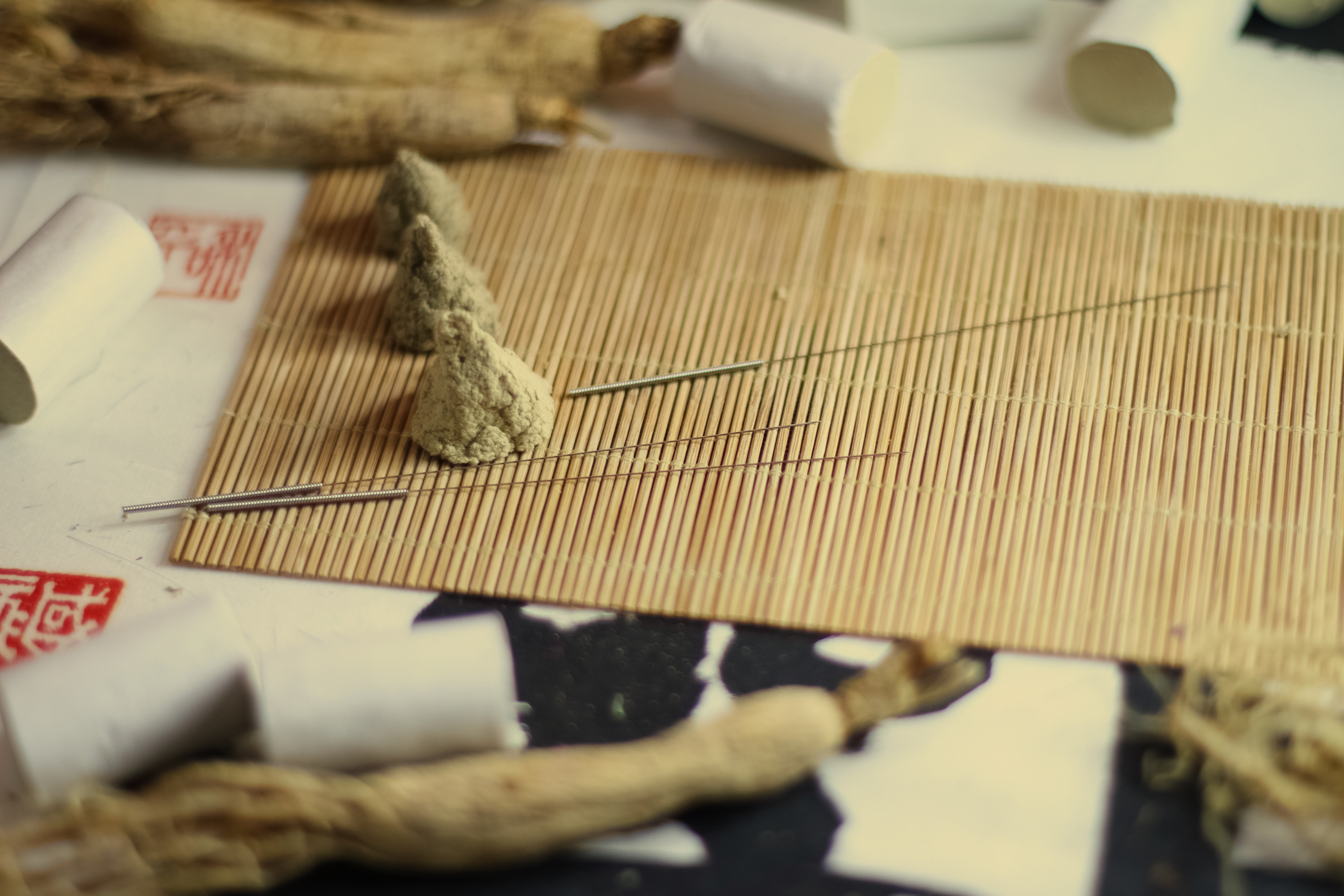
Moxibustion
Moxibustion (moxa) is both a treatment and preventative modality which applies the warmth of ignited moxa (dried mugwort plant) to stimulate the human body on a cellular level through channels and acupuncture points. Moxa can be both tonifying and dispersing in nature so it is beneficial for a variety of health concerns. Clinically, it strengthens the immune system, reduces pain and inflammation, and increases blood cell counts (particularly white blood cells). It can be burned directly on the skin, hovered above the skin (on its own), or lit while it is securely attached to the top (handle) of an acupuncture needle that has been inserted into a specific point (this is known a kyutoshin or "needle moxa"). Burning moxa as part of treatment essentially supports or kickstarts a person's innate healing ability. Moxa comes in various forms and grades (loose, packed, rice grain, cones, sticks, and even creams). I personally use higher grade moxa to provide my patients with the most optimal care and experience. Some of my personal favorite treatment uses for moxa are: digestive issues, pain, illness, anxiety and immune strengthening.
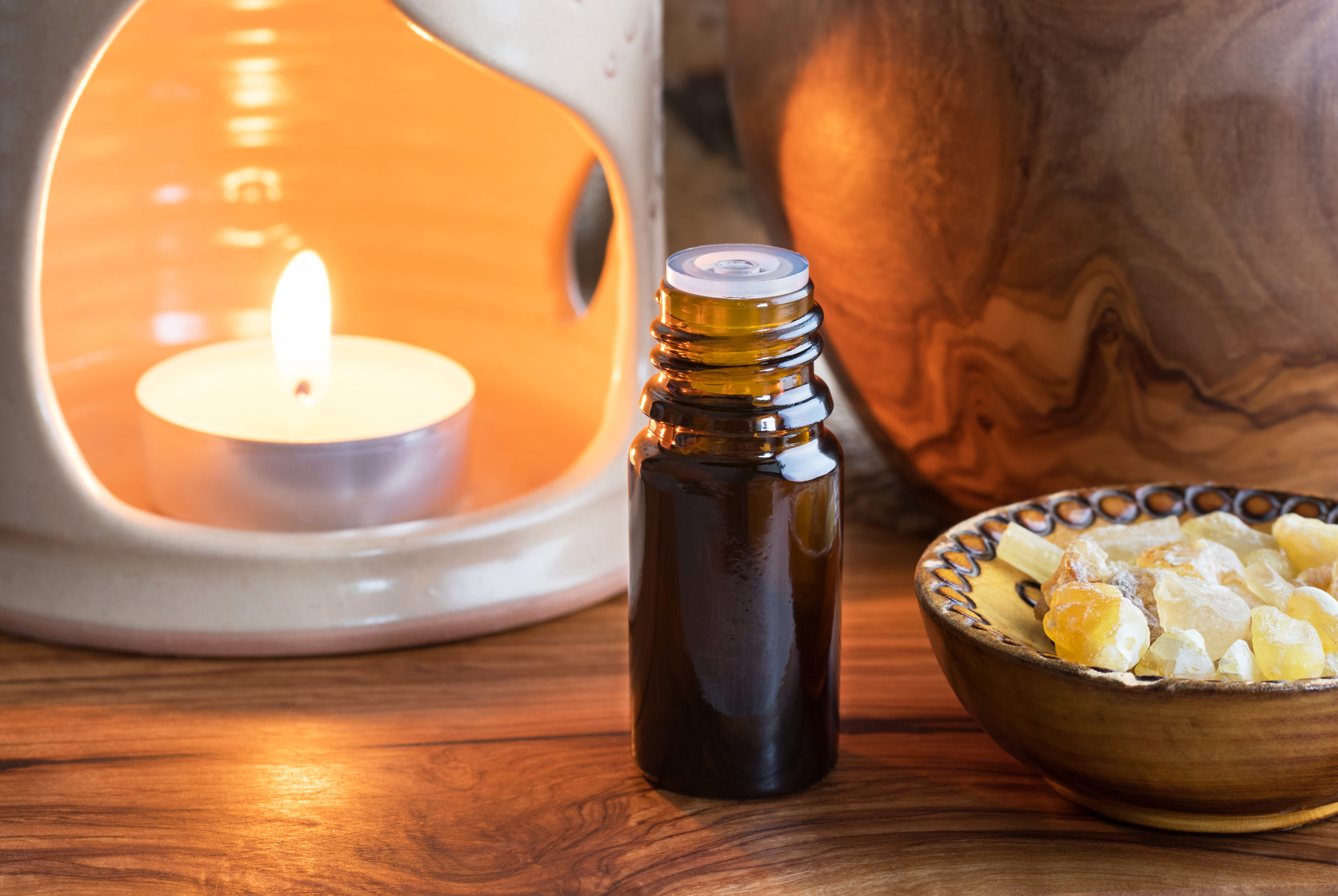
Essential Oils
Essential oils are organic compounds extracted from various parts of plants, such as flowers, leaves, or bark, by extraction, steam distillation, or expression. These organic compounds have immense healing properties which can be used in holistic treatment to improve physical, mental and emotional health. I incorporate essential oils as needed, never forced, stimulating acupuncture points with acupressure (no needles) and essential oils to enhance relaxation, stress reduction, pain relief, etc.
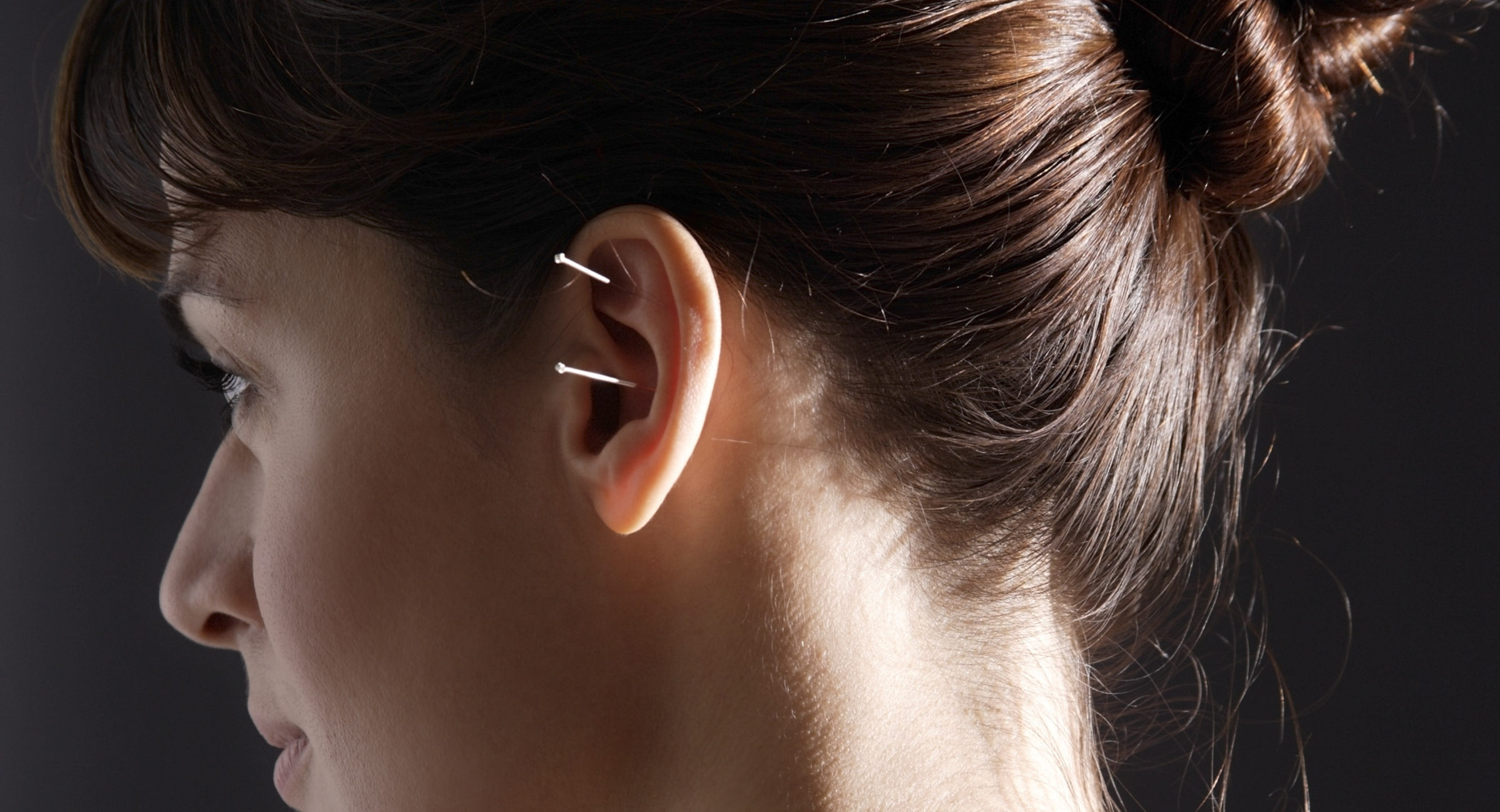
Auricular Acupuncture
Auricular acupuncture is the stimulation of acupuncture points on the ear using stainless steel filiform needles. The entire body is reflected within the ear so it is an excellent form of acupuncture to use as a standalone or complementary treatment to a regular acupuncture session. Auricular is particularly helpful in treating addiction (smoking cessation, etc.) and adding in overall detoxification. It is a personal favorite of mine in the treatment of anxiety and insomnia as well.
seeking a session?
Contact me sharing best days and times to schedule your appointment and I will contact you back promptly.